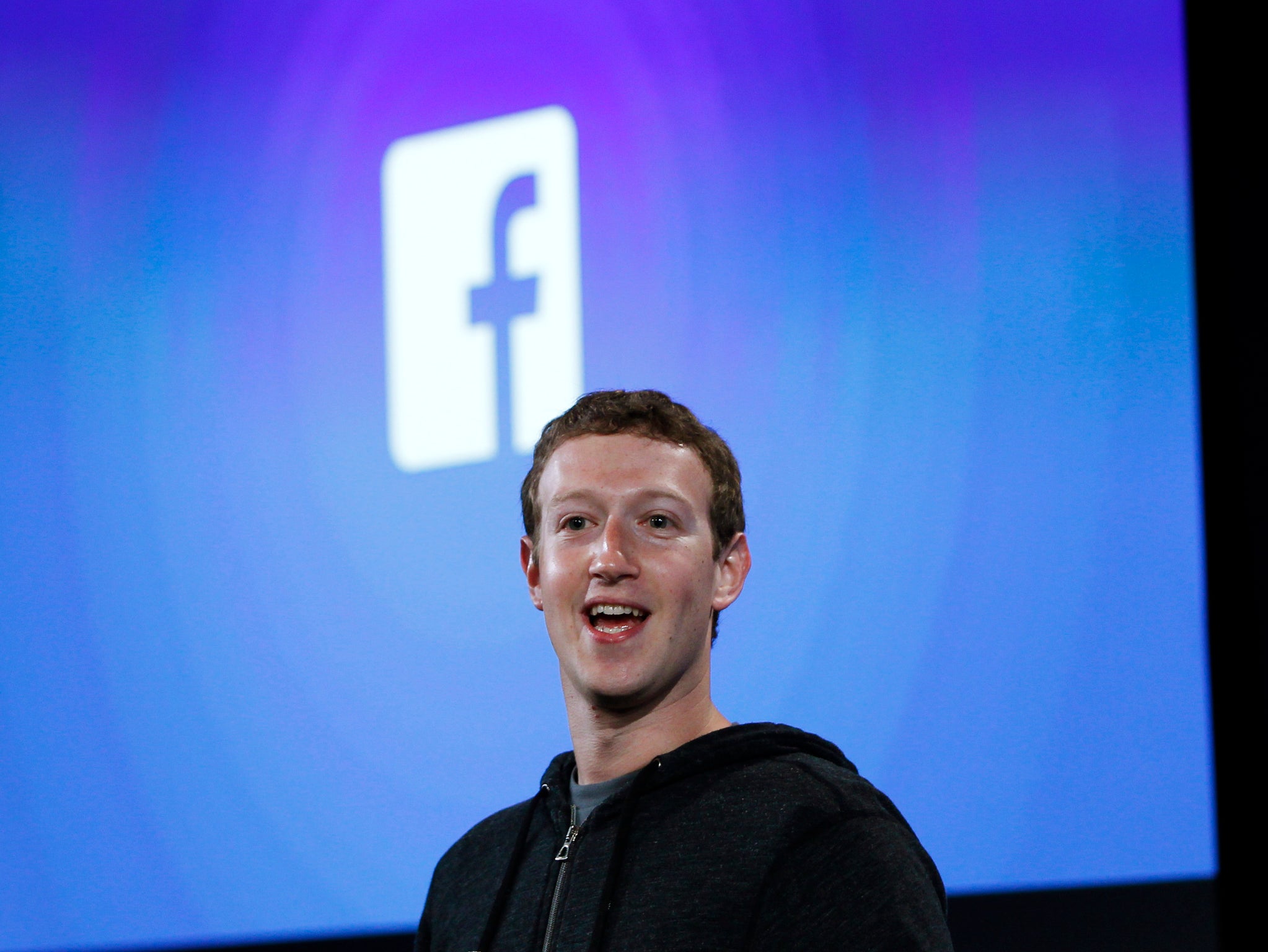Facebook hits back - predicts Princeton won't exist by 2021 using 'scholarly scholarliness'
Princeton scholars predicted the social network's demise - a Facebok data engineer used the same "robust methodology" to forecast Princeton's doom

Researchers from Princeton University caused waves on the internet this week when they published a paper claiming that Facebook would lose 80 per cent of its users between 2015 and 2017.
By combining “engagement trends” from Google search data with statistical models predicting the spread of infectious diseases, the paper claimed that Facebook had effectively “peaked” and was set for a swift decline.
Such a claim was bound to make headlines (click here to read our own - healthily sceptical – coverage of the story) but for Facebook employees it seems it was the bad science that really stung.
A data scientist from the social network has hit back, publishing a rebuttal that he says uses the “same robust methodology” as the researchers. His conclusion?
“In keeping with the scientific principle "correlation equals causation," our research unequivocally demonstrated that Princeton may be in danger of disappearing entirely.” Mike Develin of Facebook wrote in a public note on the site.
Aping the research methods of the Princeton team, Develin used publicly available data to track the decline of Princeton’s ‘influence’. Facebook likes, mentions in Google Scholar and searches on Google “have been declining for the last several years,” says Develin.
“This trend suggests that Princeton will have only half its current enrollment by 2018, and by 2021 it will have no students at all, agreeing with the previous graph of scholarly scholarliness.”
However, Develin’s research went far beyond disproving the paper’s methods. He also stumbled upon a worrying trend that could be potentially apocalyptic in scope:
“While we are concerned for Princeton University, we are even more concerned about the fate of the planet — Google Trends for "air" have also been declining steadily, and our projections show that by the year 2060 there will be no air left.”
Develin does roll back some of his criticism in a final post script, noting that “We don’t really think Princeton or the world’s air supply is going anywhere soon. We love Princeton (and air),” and adding a final reminder that “not all research is created equal – and some methods of analysis lead to pretty crazy conclusions.”
Join our commenting forum
Join thought-provoking conversations, follow other Independent readers and see their replies
Comments
Bookmark popover
Removed from bookmarks